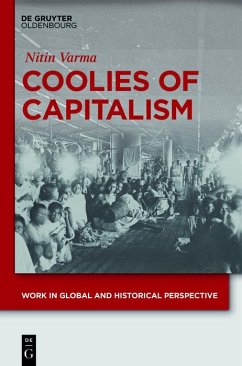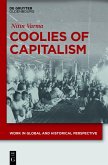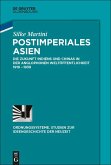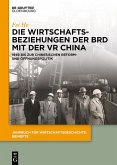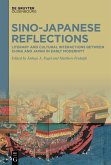"Coolie" is a generic category for the "unskilled" manual labour. The offering of services for hire had various pre-colonial lineages. In the nineteenth century there was an attempt to recast the term in discursive constructions and material practices for "mobilized-immobilized" labour. Coolie labour was often proclaimed as a deliberate compromise straddling the regimes of the past (slave labour) and the future (free labour). It was portrayed as a stage in a promised transition. The tea plantations of Assam, like many other tropical plantations in South Asia, were inaugurated and formalized during this period. They were initially worked by the locals. In the late 1850s, the locals were replaced by labourers imported from outside the province who were unquestioningly designated "coolies" in the historical literature. Qualifying this framework of transition (local to coolie labour) and introduction (of coolie labour), this study makes a case for the "production" of coolie labour in the history of the colonial-capitalist plantations in Assam. The intention of the research is not to suggest an unfettered agency of colonial-capitalism in defining and "producing" coolies, with an emphasis on the attendant contingencies, negotiations, contestations and crises. The study intervenes in the narratives of an abrupt appearance of the archetypical coolie of the tea gardens (i.e., imported and indentured) and situates this archetype's emergence, sustenance and shifts in the context of material and discursive processes.
Dieser Download kann aus rechtlichen Gründen nur mit Rechnungsadresse in A, B, BG, CY, CZ, D, DK, EW, E, FIN, F, GR, HR, H, IRL, I, LT, L, LR, M, NL, PL, P, R, S, SLO, SK ausgeliefert werden.

